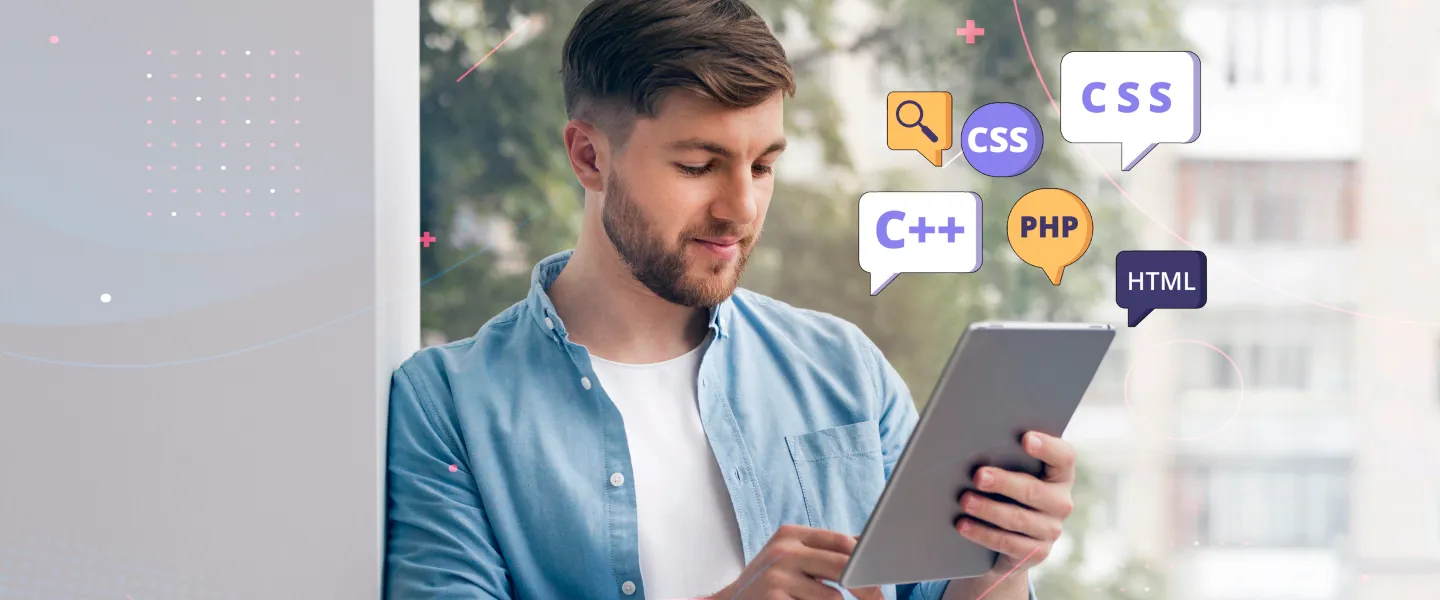The emergence of open-source workflow solutions has revolutionized workflow management. These systems allow organizations to customize their process requirements while saving costs. One of the most notable benefits of an open-source workflow management system is its active community. Developers and users work together to improve the system, adding to its robustness and flexibility. Businesses may use an open-source workflow management system to create sophisticated processes that match their operational requirements, increasing productivity and efficiency.
Digital power allows governments to control their decision-making and service implementation processes. Proprietary technology may lead to technical lock-ins and silos, affecting digital sovereignty; however, digital public goods, a sort of open-source solution, enable governments to embrace, adapt, and grow technology while maintaining flexibility.
Developing a Better Digital World with the Power of Digital Public Goods
Digital Public Goods (DPG) are open-source applications, open data, AI models, and content that follow privacy and other applicable laws and best practices, prevent damage by design, and contribute to achieving the Sustainable Development Goals (SDGs).
DPGs are a part of open-source technologies that may be modified and shared since their programming is publicly available. Open-source technologies promote digital sovereignty and trust in technology by encouraging transparency and direct participation.
For instance, consider an open-source platform designed for widespread vaccination credentialing:
DIVOC (Digital Infrastructure for Verifiable Open Credentialing) is a Digital Public Good that empowers countries to digitally orchestrate large-scale vaccination and public health initiatives through open-source digital infrastructure. This platform uses advanced technologies to streamline the tracking, testing, and managing healthcare data during large-scale health crises. Governments can make informed decisions, including real-time tracking, streamlined testing processes, and comprehensive data analytics. DIVOC's global deployment amid the COVID-19 pandemic highlights its effectiveness in addressing critical healthcare challenges.
What are the Key Features of Digital Public Goods?
Adaptability:
Governments and other users can utilize and adapt digital public goods. Adapting DPGs successfully implemented at scale in different countries can save money while allowing for speedier testing and rollout. District Health Information Software version 2 (DHIS2) was initially used in South Africa before becoming a global open-source project managed by the Health Information Systems Programme (HISP) at Oslo University. More than 73 nations utilize it to generate and analyze national and regional health data. Implementing this approach enables the use of training and resources in other regions while keeping the DPG customizable to the local situation.
Accountability:
DPGs' open-source licensing allows their code to be independently inspected and audited. It promotes accountability and public conversation on problems like implementing best practices and creating DPGs to cause no damage. The Digital Public Goods Alliance manages the DPG Standard, which includes best-practice and do-no-harm design indicators. This identifies flaws that must be rectified before a technology is widely adopted.
Interoperability:
The DPG enables interoperability for systems and digital solutions to work together irrespective of their origin. The European Union, the global leader in interoperable government systems, recognized the significance of this issue: "In 2004, the Pan-European eGovernment Programme (IDABC) in DG DIGIT issued their European Interoperability Framework with a strict minimum definition of open standards and imposed their use in pan-European eGovernment services. According to a 2019 research, France's Circulaire 5608 recommendations on using free software by the French government resulted in a 9-18% annual growth in IT-related start-ups as entrepreneurs built on open-source solutions.
Fostering Digital Equity: The Role of Open Source and Digital Public Goods
Open source is a prerequisite for any technology to be termed a DPG. The goal is to encourage entrepreneurs to create DPGs, which allow for sharing, reuse, and adaptation to meet local requirements. When paired with the appropriate support structure and skill training among DPG entrepreneurs, they can fundamentally change power imbalances, improve knowledge and resource inequalities, and strengthen local ecosystems by enabling country-level digital transformations.
DPGs, as open-source solutions, may be customized to their users' specific needs and demands. Such local implementations can help strengthen the core solution and ensure long-term viability. DPGs can also assist in protecting human rights by establishing relevant minimum standards and offering transparency and accountability to people and users about how fundamental technologies are created and developed. Startups must embrace open source and common licensing since this is where we can achieve exponential impact with the given solutions. DPGs can assist in overcoming geographical, institutional, sectoral, and expertise barriers by encouraging multi-stakeholder collaboration and designing solutions that include diverse perspectives.
The Digital Public Goods Alliance (DPGA) helps low—and middle-income nations achieve their sustainable development goals by making it easier to explore, produce, utilize, and invest in digital public goods. The DPGA prioritizes ensuring fair, equitable, and open access to unique tools and solutions for human development worldwide.
Strategies for Incorporating Open Source Technologies
- Discover Existing Solutions: Explore open-source platforms such as GitHub to identify components that align with the requirements of your DPG.
- Assess and Customize: Carefully evaluate the suitability of open-source tools and adapt them to your project's specific demands.
- Encourage Community Engagement: Engage with open-source communities to seek technical support and foster collaboration and contributions.
- Emphasize Long-Term Sustainability: Develop a sustainable strategy for maintaining and supporting the open-source elements integrated into your DPG.
- Contribute Back: Empower developers to contribute bug fixes and enhancements to their open-source projects, creating a more collaborative ecosystem.
DPG developers can accelerate the development of essential tools for social good, optimize resources, and improve workflows using open-source technology. Leveraging open source is essential for optimizing DPGs' impact, as they remain an important tool for promoting social development and digital equity.
